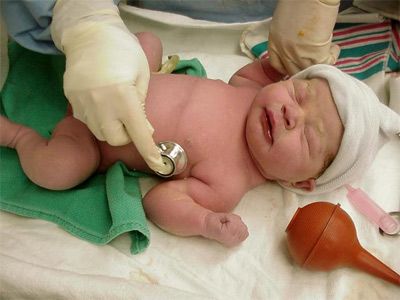You've decided you're ready to start a family, and you want it to happen right away. Finding out if you're pregnant is an exciting process, but waiting for it to happen can really try a person's patience. Just how soon after having sex can you find out if you're pregnant?
You're pregnant when an egg is fertilized by a sperm cell. However, it's nearly impossible to tell you're pregnant the instant it happens because pregnancy is only detectable when it starts producing the hormone human chorionic gonadotropin (hCG). And this doesn't happen until the fertilized egg attaches to the wall of your uterus. For some women, that could take up to six days, and in others it doesn't happen until after a missed period. In other words, it seems to take an eternity.
Advertisement
After the egg's implanted in your uterine lining, your body starts producing hCG. In early pregnancy, the amount of this hormone doubles every two or three days. The presence of this hormone in your urine is what tells you you're pregnant.
Two types of pregnancy tests can help you determine if you'll soon welcome a new addition to your family:
Urine test: With this method, urine has to come into contact with a special stick. You either urinate directly onto the stick or dip it in a cup of your urine. After a few minutes, an indicator on the stick will register whether you're pregnant. Generally, you can take this test as soon as you've missed your period, though some tests can be taken sooner.
Blood test: There are two kinds of blood tests: qualitative hCG and quantitative hCG, also called a beta hCG test. You can take these within seven to 12 days of conception, which means you can test sooner than a urine test [source: American Pregnancy Association]. However, results take longer to get. With a blood test, your doctor will take a blood sample. The qualitative hCG test detects the presence of the hormone in your blood; the quantitative hCG test measures the precise amount.
To take a pregnancy test, you can see your doctor or you can purchase one to take one at home. A doctor's test will give you an accurate result, but a visit may be expensive. Home pregnancy tests are less expensive, and when taken correctly, can deliver quite accurate results. Additionally, they offer the bonus of taking them in the privacy of your own home.
How accurate are these tests? Read on to find out.
Advertisement

